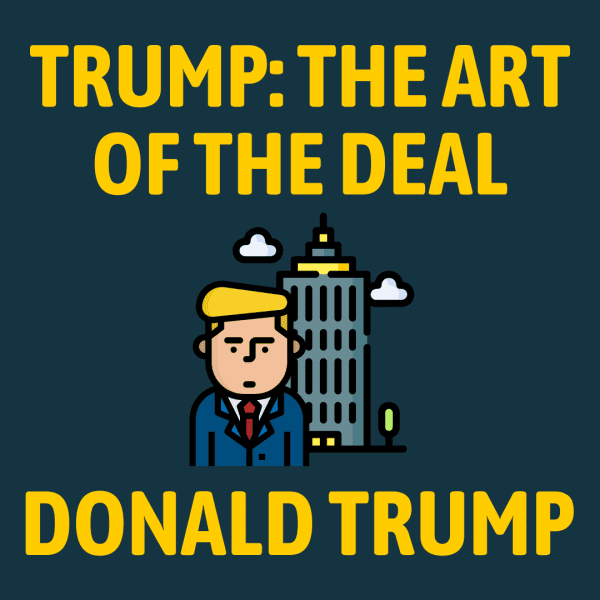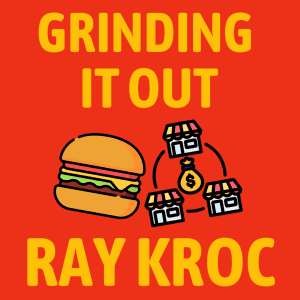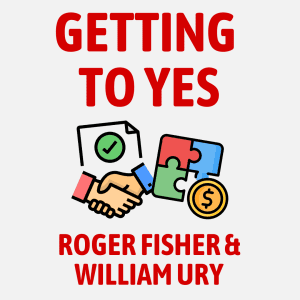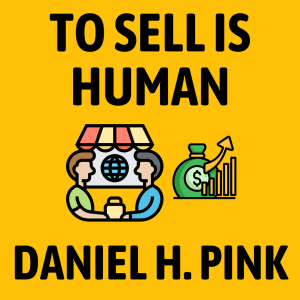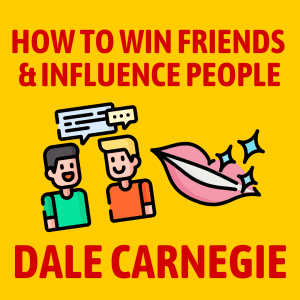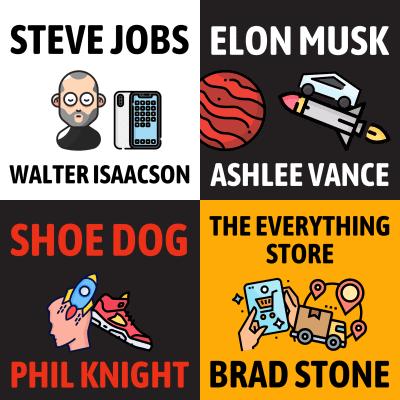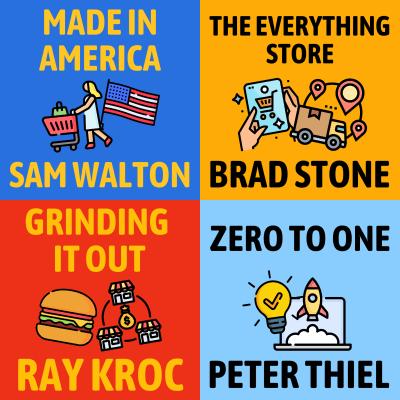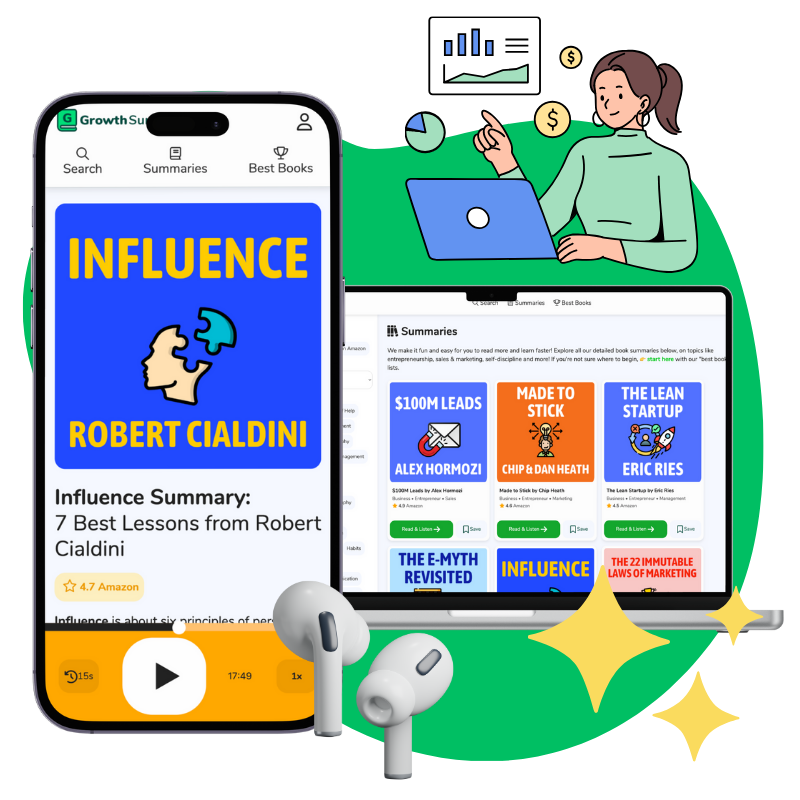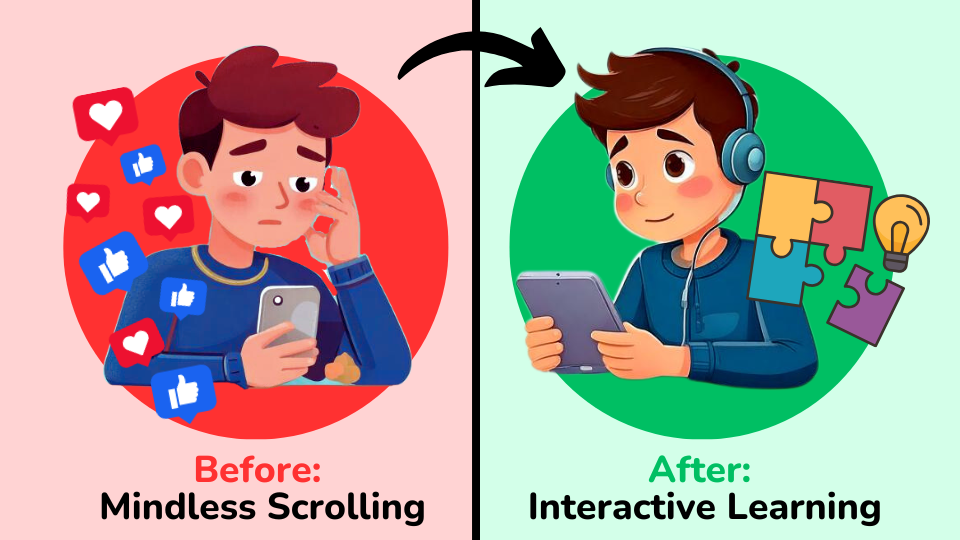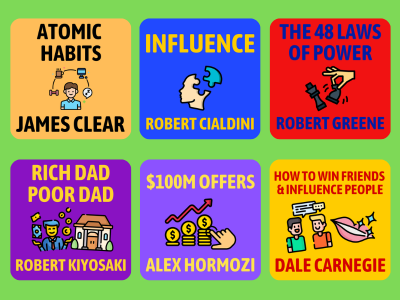Donald Trump rode smoothly down the escalator with his wife, waving to the crowd below.
Standing in front of dozens of reporters, he stepped in front of the microphone and said a few words that became history.
“I am officially running for President of the United States of America and WE are going to…
Make. America. Great. Again.”
That day, only a few people thought he had a chance. Many people thought Donald Trump as president was some kind of sick joke.
But over the weeks he fought his Republican opponents, branding them with names like “Low Energy Jeb,” “Lying Ted” and “Little Marco.”
He made himself stand out from other candidates by talking about protecting blue collar jobs with strong borders and less free trade.
He held rallies that attracted thousands of people.
Along the way, he also made many enemies. His bold and controversial statements caused journalists to call him racist, sexist and dangerous.
Yet one by one, he defeated his opponents. And Trump won the Republican nomination.
His final challenge was Hilary Clinton. A woman with decades of political experience, an ex-president husband and hundreds of millions of dollars behind her.
But even she couldn’t stop Trump.
He labelled her “Crooked Hillary.” He held more giant rallies. He even threatened to throw Clinton in jail in one of the Presidential debates. It was the wildest election campaign anyone can remember, something no-one had seen before.
And against all odds, Trump won and become President of the US.
Many people who hate Trump’s politics call him an idiot and a clown.
They are wrong.
You can hate the guy’s political positions all you want, but he’s a master of communication and publicity. You don’t beat dozens of highly experienced politicians by accident. You don’t become a big success in real estate, reality television AND politics without knowing a thing or two about how to be successful.
And right here, right now, you’re about to learn some of…
Trump’s Greatest Secrets to Success
Years before he ran for president, Trump wrote the book “The Art of the Deal” that shines light on how he became a billionaire. This book reveals how he negotiated some of his biggest real estate deals and how he does branding, marketing and publicity.
I’ve read Trump’s book for you and found the most important lessons inside it. So keep reading because you’re about to learn how to make your business and life great (again).
For example, during the 2016 election, some “experts” analyzed Donald Trump’s speeches and found he used very simple words and short sentences, speaking at a level even a fourth grader can understand. Most of the other presidential candidates spoke at an eighth or tenth grade level.
News anchors and comedians quickly made fun of Trump for this, calling him and his supporters dumb.
But speaking in a simple way was how Trump got elected. Keep in mind that he has a degree from Wharton Business School, one of the most prestigious university programs in America. If Trump wanted to, he could use big academic words, but that would be a bad move.
Think about it. If you speak using a lot of big words, then only very educated people will understand you. But if you speak in a clear and simple way, then both the educated and working class people will understand you. And almost everyone agrees that Trump won the election by winning the vote of blue collar workers.
One of the first rules I learned about marketing that made my online business successful was to always use the simplest language you can. Insecure people want to look smart by using big words, but truly smart people want to be understood by the most people possible.
Make no mistake, this was one of his secret strategies for winning the 2016 election. And now you’re about to learn more secrets to his success that you can’t read anywhere else.
Let’s start with great idea one…
🧠 1. Trust Your Instincts: Talk to people to get a gut feeling about the market, then trust your instincts to make a decision
In business, Donald Trump doesn’t believe in fancy marketing surveys, committees or outside consultants. When he’s researching a new real estate property, he speaks to the people living in the neighborhood, including the taxi driver. By asking a lot of questions, he develops a gut feeling about how good the property, neighborhood and city is. That’s how he makes decisions about deals. In the book he says:
To me, committees are what insecure people create in order to put off making hard decisions.
Trump went to a great school, but that doesn’t mean he’s an academic. He also says in the book:
Perhaps the most important thing I learned at Wharton was not to be overly impressed by academic credentials.
Sure, a degree is very useful when you want to be a doctor or lawyer, but business is different. There isn’t a science to succeeding in business. You often have to rely on your intuition.
For example, one time Trump’s friend came to him with an oil investment. At the time many people were rushing to invest in oil. But Trump didn’t feel right about it so he didn’t join the investment. His friend told him he was missing a big opportunity.
But a few months later, the price of oil tanked and his friend’s company went bankrupt. Here’s what that taught him:
One is to listen to your gut, no matter how good something sounds on paper. The second is that you’re generally better off sticking with what you know. And the third is that sometimes your best investments are the ones you don’t make.
Let’s talk about the shocking 2016 election again.
Trump won by winning a few key states in the northeast including Michigan, Pennsylvania and Wisconsin.
Most people assumed these states would vote for Clinton because they had voted for a Democrat president for over 20 years. They even called these states “The Blue Wall” and they believed no Republican could break this wall. Hillary Clinton didn’t even bother campaigning in some of those states that Trump won, which turned out to be a mistake.
Trump had a gut feeling there were many voters inside these states that felt invisible. They were blue collar manufacturing workers whose jobs were disappearing and no politician was talking about it.
Then Trump came along and talked about it, blaming free trade and illegal immigration for the loss of jobs.
The so-called Blue Wall was shattered on Election Day and people were stunned. Trump had won states they thought he had no chance of winning.
And he did it by talking to people in these states and getting a gut feeling he should focus his message to white working class people. Trump may be a billionaire, but people say they always saw him outside chatting with the construction workers who built his buildings. And from those conversations, he got a feeling of what American people wanted, and trusted his instincts all the way to the White House.
[action-step]When starting your own business, first ask lots of questions to potential customers to develop a gut feeling about the marketplace. Then trust your instincts and make a decision.[/action-step]
💭 2. Think Big: Thinking big allows you to be a lot more successful without doing a lot more work
Billionaires like Trump do not work a million times harder than you. They just think bigger, which means they do different kinds of work.
It’s not how many hours you put in, it’s what you get done while you’re working.
For example, when Trump was in his 30s he found a large apartment building for sale called the Swifton. It was a very large building with 1,200 units. Together with his dad, they signed a $6 million mortgage for the building.
Most people would feel totally overwhelmed needing to manage 1,200 apartments, but Trump and his father saw it a different way. Trump says it takes almost the same amount of energy to manage 1,200 tenants as it does 50, but with 1,200 you can make a lot more money. So Trump would feel like he was wasting time focusing a lot of energy into the project if it was small.
I like thinking big. I always have. To me it’s very simple: if you’re going to be thinking anyway, you might as well think big. Most people think small, because most people are afraid of success, afraid of making decisions, afraid of winning. And that gives people like me a great advantage.
How Trump Almost Built The World’s Tallest Building
Thinking big can also help when you’re selling and marketing your product. Trump loves to use words like “the best, tremendous and world-class” when talking about his projects. He always seems to be building the biggest and the best thing ever.
I play to people’s fantasies. People may not always think big themselves, but they can still get very excited by those who do. That’s why a little hyperbole never hurts. People want to believe that something is the biggest and the greatest and the most spectacular.
For example, did you know that Trump was planning to build the world’s tallest building in the 80s? That’s right, he bought a large piece of land in New York near the waterfront that used to be a train yard.
Then he held a press conference talking about his detailed plans for the land.
But reporters didn’t care about the details. They only wanted to talk about the world’s tallest building which was at the centre of Trump’s plan.
Later Trump turned on the TV and heard them talking about “the world’s tallest building.” He couldn’t believe how big the news had become. And that day he learned something about human nature: people care when something is the biggest or the best or number one.
Almost everyone knows the name of the first person to walk on the moon, but not the second. Almost everyone knows the name of the world’s fastest person, but not the second. Almost everyone knows what the world’s tallest building is, but not the second.
And there’s a reason why Apple’s marketing is always talking about how their new product is the thinnest iPhone ever or lightest laptop.
So think big whenever you can. Be number one in your category of business.
As marketing expert Al Ries says: “It’s better to be first than it is to be better.” And entrepreneurship guru Tim Ferris says that instead of trying to beat competitors in an existing category, you should create a new category in the marketplace that you can own and be first in.
[action-step]Multiply your current goals by 10. Would that actually be harder to achieve or just require a different kind of work? Thinking big can let you be more successful, you just need the stomach to play on a higher level than most people are comfortable with.[/action-step]
🔥 3. Be Bold: Being bold, controversial and confrontational will force people to pay attention to you
There has not been a more controversial presidential candidate than Donald Trump in recent history. Even his supporters will admit it.
Trump received the most negative reporting of any politician because he made many controversial and shocking statements. Every day, reporters of the mainstream media were trying to take him down with a new attack. The headlines every day were all about Trump.
(Eventually Trump struck back, branding many news organizations that lean left as “Fake News.”)
2016 was not the first time Trump has said and done controversial things to get media coverage. He’s used the press for a long time to make his name more famous and build his brand. To him it is free advertising.
Trump understands the press is constantly hungry for a good story. And interesting stories involve confrontation or surprise. To get attention you have to do something a little different.
As professor Jonah Berger says in his book Contagious, “One way to generate surprise is by breaking a pattern that people have come to expect.”
Most people are afraid to say something outrageous or surprising because someone will be offended. But as a businessman, Donald Trump learned a surprising reality:
Even Bad Publicity Can Be Very Profitable
Before building Trump Tower in New York, his construction workers had to tear down the old building. And the old building had two sculptures attached to an outside wall.
So Trump faced a decision. Should he save the sculptures because they were art? Or should he destroy them with the building, saving weeks of time and millions of dollars?
In the end, Trump decided to have the sculptures destroyed. Many newspapers quickly published negative articles painting Trump as a greedy, selfish developer who didn’t care about preserving art.
Trump now regrets having the sculptures destroyed because the event became a symbol for greedy developers steamrolling over past culture. But he learned an important business lesson:
Even though the publicity was almost entirely negative, there was a great deal of it, and that drew a tremendous amount of attention to Trump Tower. Almost immediately we saw an upsurge in the sales of apartments.
I’m not saying that’s a good thing, and in truth it probably says something perverse about the culture we live in. But I’m a businessman, and I learned a lesson from that experience: good publicity is preferable to bad, but from a bottom-line perspective, bad publicity is sometimes better than no publicity at all. Controversy, in short, sells.
And that also shines light on why Trump won the 2016 election in spite of an avalanche of negative publicity.
[action-step]Take a public stand on an important issue. Some people will agree with you and others will disagree, but you will get attention which often turns into sales.[/action-step]
👀 4. Shift Attention: Don’t endlessly debate negative criticism, instead smoothly shift attention to something positive
Trump isn’t afraid of bad publicity because he’s confident he can change people’s minds. He knows how to redirect people’s attention from the negative to positive which has saved his reputation many times.
For example, here’s how he does it when talking with reporters:
When a reporter asks me a tough question, I try to frame a positive answer, even if that means shifting the ground. For example, if someone asks me what negative effects the world’s tallest building might have on the West Side, I turn the tables and talk about how New Yorkers deserve the world’s tallest building, and what a boost it will give the city to have that honor again.
When most people are confronted with a negative question like that, they would probably become defensive. Trump doesn’t argue, but he shifts the attention to a related topic.
This is like Professor Robert Cialdini’s idea that “Attention=Importance.” The more attention you give an issue, the more important it will seem to everyone.
[action-step]The next time someone points out a negative in your product, don’t argue about it. That just makes the issue more important in people’s minds, even if your arguments are good. Instead, smoothly “shift the ground” of the conversation to something more positive about your product.[/action-step]
💼 5. Gain Leverage: To get the upper hand in deals, make the other person believe you have what they secretly want
To win negotiations and make good deals, you must have leverage.
Trump describes leverage as “having something the other person wants.” So first you have to figure out what they want.
For example, one time Trump wanted to open a casino with Holiday Inn. He’d already found a site for the casino, made blueprints and started the construction. Now he wanted Holiday Inn as a partner to help finish the project.
What did Holiday Inn want? They wanted to open a casino, but they didn’t want to start from scratch. They wanted to partner with someone who had almost finished building a casino. This would save them a lot of money, time and energy.
Holiday Inn believed Trump had what they wanted: a casino project that was soon to be finished. But the truth was Trump had just started construction. There wasn’t much progress yet.
In this situation, Trump knew he needed to make the Holiday Inn executives keep believing that the project was well under way. That was his leverage.
So he called his construction supervisor and said to make the construction site look like the busiest one in the world. To bring in more trucks and more workers and make them do something. Anything. What they did wasn’t important, as long as the site looked very busy when Holiday Inn executives stopped to visit.
And that’s exactly what happened. The executives saw all the busy workers and were satisfied with all the activity happening. And the deal was made. As Trump says in the book:
My leverage came from confirming an impression they were already predisposed to believe.
[action-step]Just like Trump with the Holiday Inn executives, find out what the other person really wants (besides more money). Then make them believe you have what they want, which gives you the upper hand in negotiation.[/action-step]
💎 6. Selling Premium: When selling premium products to wealthy buyers, it’s about status, exclusivity and having the best.
Trump wanted to attract very wealthy and famous people to live in Trump Tower. And that’s what happened. Celebrities like Johnny Carson and Steven Spielberg quickly bought apartments. As did wealthy people from all over the world.
If you sell premium expensive products, then your profit margins will be much higher. Just look at Apple which sells very expensive products compared to the competition, and is sitting on over $250 billion in cash reserves.
But how do you attract and sell to privileged buyers? Let’s look at what Trump did.
First, the apartments in Trump Tower are luxurious and expensive. He used very high quality materials like marble and brass. As well as floor-to-ceiling windows. When people are paying 2 to 5 million for an apartment, they expect quality and not cheap materials.
Second, Trump understood the psychology of wealthy buyers. At the time, Trump Tower’s biggest competitor was a project in New York called Museum Tower. Trump was worried that Museum Tower would steal some of his wealthy buyers.
Then one day Museum Tower released the prices for their apartments and some of Trump’s top employees panicked because their prices were much lower than Trump Tower’s. But Trump kept calm and said that this was actually good for him. Why? Because with their cheaper prices, Museum Tower had just told everyone that they were not as good as Trump Tower.
Studies have shown that when something is more expensive, people automatically assume it is better. When you see a very cheap wine in the store what is your automatic reaction? You probably think it’s not very good. And Trump knew the kind of wealthy people he was selling to didn’t care about a bargain, at least not when it came to their home. They wanted to live in the best home they could feel proud of.
Third and finally, Trump played hard to get when selling the apartments. They never wanted to look in a rush to sell the apartment. Instead they patiently showed potential buyers around the building and told them there was a waitlist to buy. And a surprising thing happened. Trump says:
The more unattainable the apartments seemed, the more people wanted them.
The $1000 iPhone
As I’m writing this, Apple just released their newest iPhone. It’s their first one that costs more than $1000, a price that has shocked some people.
In a world where technology is getting better, faster and cheaper at the same time, why is Apple charging even higher prices? Because they understand that people buy Apple products for reasons other than value for money. People buy Apple products because of a feeling.
And I suspect they want to turn the Apple brand into more of a luxury and status symbol like BMW or Mercedes-Benz. Apple wants to own the top of the market and they will let Samsung, LG and a hundred other Chinese companies fight for a scrap of profit at the middle and bottom of the market.
[action-step]When selling premium products to wealthy buyers, different rules apply. You increase your prices and people want your product more. You tell them there’s a waitlist and they gladly sign up. It’s all about status, exclusivity and having the best.[/action-step]
💰 7. Watch Your Pennies: Watch where every penny goes because “soon those pennies will turn into dollars.”
As a child, Trump’s dad told him that he needed to watch where his pennies go because soon those pennies turn into dollars.
Donald Trump now builds luxurious buildings and casinos, but he’s always careful about money. (Just like Sam Walton.) He’s proud that his projects almost always finish on time and under budget. That doesn’t happen by accident. He keeps a close eye on all the expenses and makes sure his contractors aren’t ripping him off.
I believe in spending what you have to. But I also believe in not spending more than you should.
For example, he never signs a contract with a construction company until the building plans and blueprints are complete. Why? Because if your plans are incomplete, then the contractor can charge you large fees with every change.
[action-step]Keep track of all your expenses, even the small ones. Small expenses soon add up and will eat your profit if you aren’t careful.[/action-step]
💪 8. Sheer Perseverance: Many people became successful simply because they did not give up, even with a total lack of encouragement
Donald Trump wanted to buy an old building in New York. He met with the owner of the building for lunch. They had a conversation the guy said there was no way he was selling the building.
So did Trump give up? No.
He wrote a letter thanking the owner for coming to see him. A few months later, he wrote another letter asking if the guy had changed his mind. There was no reply. A few more months passed and he wrote another letter. No reply. Then another one.
Why would Trump keep asking about the building even when the owner was clearly not interested in selling it? First, because he really wanted to buy it. Second, because he believed that sheer persistence alone often separates success and failure.
3 years later, the company that owned the building was in financial trouble and there was a change in management. This meant a new owner. And the new owner was open to selling the building. He just wanted cash as fast as possible to get the company out of trouble.
Soon Trump made a deal to buy the building, which he eventually tore down to build Trump Tower.
And what happened to Trump’s letters? It turns out the new owner did see Trump’s letters and it probably helped his decision to sell the building.
[action-step]When you’re thinking of giving up, remember that “persistence often makes the difference.” Many people succeed not because they are smart or lucky, but because they continued to work even with a total lack of encouragement.[/action-step]
📣 9. Negotiation Strategy: When negotiating, first talk about your strengths, then highlight the other side’s weaknesses
When reading “The Art of The Deal,” I noticed Trump has an instinctive rhythm when he is selling or negotiating.
First he sells himself and talks about the benefits of doing business with him. Then he takes a step back and mentions the weak parts of the other person’s product or offer. Forward and back. Forward and back.
Trump followed this pattern when buying a large construction site near the New York waterfront.
First he sold himself by talking about his past accomplishments and assuring the owner of the land that he could get the deal approved by all the city officials, lawyers and bankers. This makes the owner of the land start to believe Trump is a reputable guy he could do business with.
Then Trump took a step back. Even though he wanted to buy the site, he talked about all the negatives and weaknesses about it. He mentioned that New York was in a recession and most people weren’t buying real estate. He talked about how difficult it would be to get the right city construction permits for a piece of land this big in the middle of the city. As Trump puts it…
If you want to buy something, it’s obviously in your best interest to convince the seller that what he’s got isn’t worth very much.
[action-step]Do this next time you’re selling something: First, sell your strengths. Explain why should they do business with you or hire you? And second, undermine their position. Be careful not to insult them, just point out the negatives in the deal from your point of view.[/action-step]
⏳ 10. Be Patient: If a deal doesn’t feel right then it pays to be patient, another opportunity will come sooner or later
One day Trump was looking at the news and saw there was a large labour strike at two Hilton casino hotels in Las Vegas. He also saw that Hilton stock had fallen a lot because of the strike.
This made him curious. Why had the stock fallen so much from a strike at just two of their hotels? After all, Hilton owns hundreds of hotels around the world. Well, after some digging he found the answer.
Those two casino hotels brought in almost 40% of Hilton’s net profit!
Trump was surprised, to say the least. That was the moment he found out how stupidly profitable a successful casino can be. He immediately started thinking about opening his own casino. But he didn’t rush out and buy some property right away. For the next few years, he kept an eye on Atlantic City and waited for the right opportunity. When the opportunity appeared, then he acted quickly and decisively.
[action-step]Never be in a hurry to buy a property, business or investment. If something doesn’t feel right about it–like the price or location, then it’s much better to wait because another opportunity will come sooner or later.[/action-step]
Conclusion
This was a quick look into the mind of a very successful guy. Some people may hate Trump because of his politics, and that’s fair. But you can’t deny that he’s a fierce competitor. He wants to be the winner, and he often is. He became a billionaire in real estate, became famous in reality TV and then shocked everyone to become President of the USA.
Money was never a big motivation for me, except as a way to keep score. The real excitement is playing the game.
In this book Trump really did open up and share some insights about thinking big, trusting your instincts, getting publicity (both good and bad), negotiating, selling premium products and more.
If you want to be inspired by another great book, I recommend you check out Shoe Dog, written by the founder of Nike. You’ll see how Phil Knight went from selling shoes out the back of his car, to growing the biggest shoe brand in the world.

